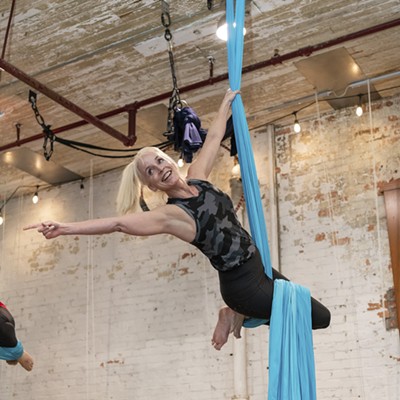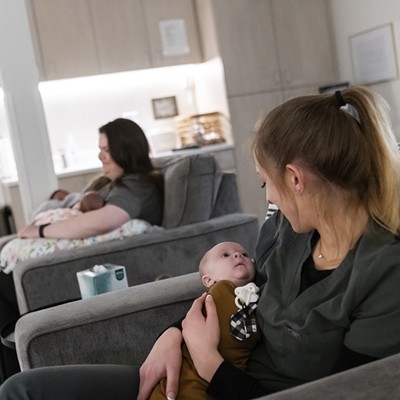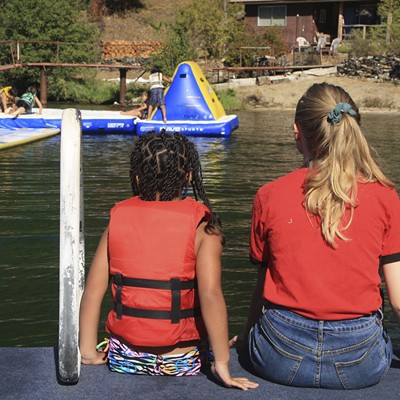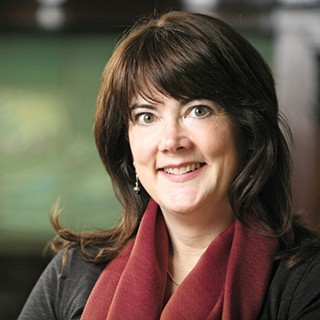A New Vital Sign?
Along with "Where does it hurt?" your doctor should be asking "Where do you live?" That's because where and how you live, work and eat accounts for up to 60 percent of your risk for premature death — and nearly all of these things are, to some extent, under your control to change. But four out of five physicians report feeling "underequipped" to address their patients' social needs.
Rishi Manchanda, a Los Angeles physician and author of the TED book The Upstream Doctors, is trying to draw attention to the "vital sign" of where you live. He relates the story of a patient who came to his clinic complaining of debilitating headaches. After visiting neurologists and ERs and undergoing thousands of dollars of testing, she still had no diagnosis. But at Manchanda's clinic, patients are given a screening based on the American Housing Survey. With the patient's survey in hand, it took just 15 minutes for Manchanda to zero in on the cause of her problem: mold and mildew in her home.
That's the kind of "upstream" thinking Manchanda thinks more doctors need to develop. He's established a website dedicated to giving physicians tools to assess — and address — the "social conditions that make people sick."
Look for increased emphasis on "upstreamists" as Washington becomes one of the first states to implement Medicaid Health Homes. Think of these as bigger and broader than your typical patient-centered medical home. In this holistic medical neighborhood, not only will enrollees receive medical and behavioral care, they will also get coordinated non-medical support, including help with housing, transportation and even legal services.





















